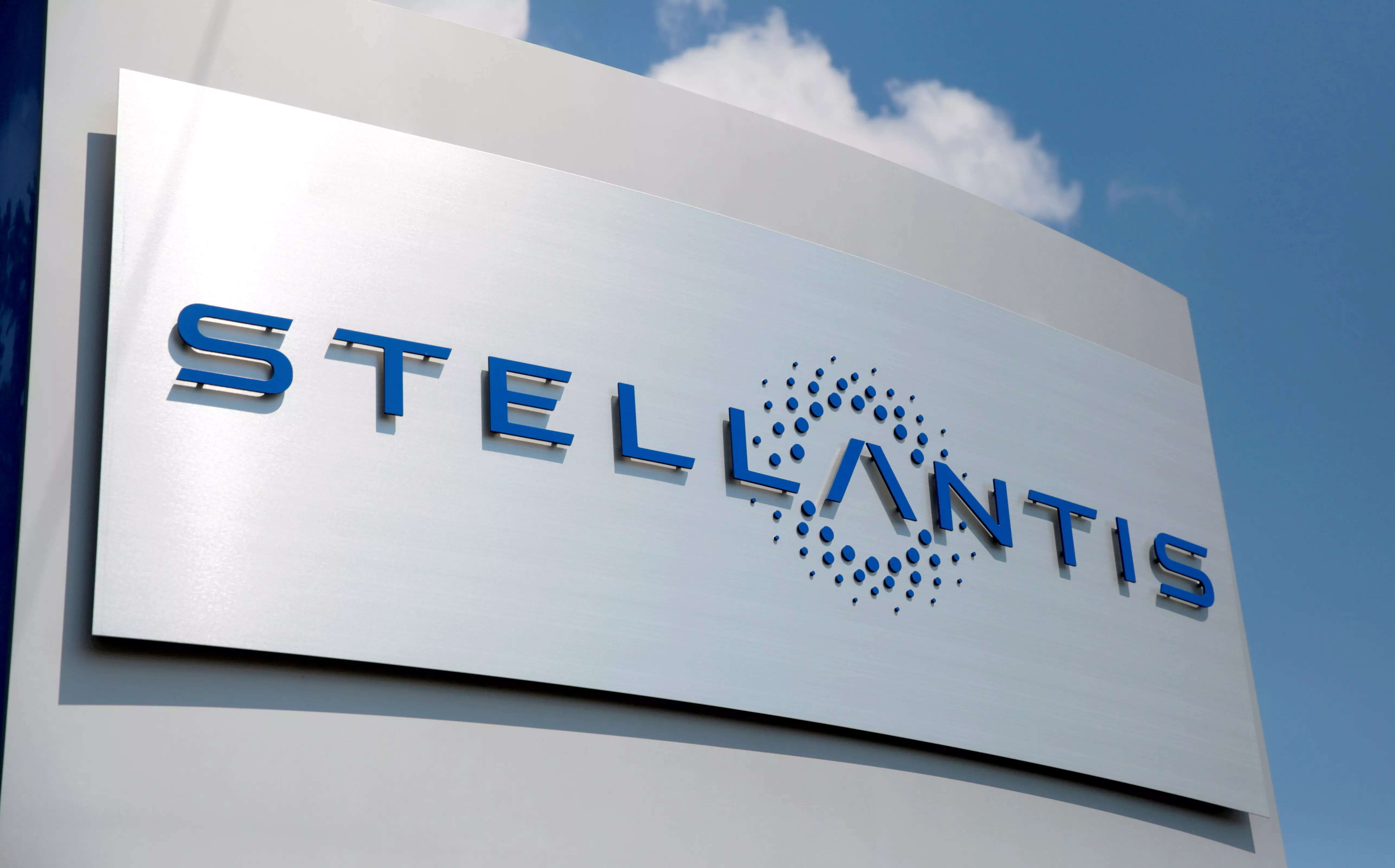
The head of carmaker Stellantis said Beijing’s decision to restrict exports of two metals widely used in semiconductors and electric vehicles should not push Western companies to reduce their exposure to China.
China on Monday announced controls from Aug. 1 on its exports of some gallium and germanium products prompting fears of new disruptions to supply chains, just as automakers emerge from a multi-year chip shortage which has heavily affected global production after COVID-19 pandemic.
“I am not a promoter of a total decoupling from China,” Stellantis Chief Executive Carlos Tavares said, while unveiling the first of four new electric-centric vehicle platforms that will underpin all the group’s future models.
“It’s not realistic nor it is in the interest of Western companies,” Tavares said. “I think we just need to find areas where we can cool down and negotiate win-win situations”.
Stellantis, the world’s fourth largest carmaker by sales, has a tiny market share in China and is turning to an “asset light” strategy in that country, based on importing vehicles.
However it does work with a number of Chinese companies, including ones using gallium and germanium for products the carmaker is buying from them, Tavares said.
“We are not in a war with any Chinese suppliers… in this case, it is up to the European Union to collaborate with Chinese authorities to find a solution,” he said.
Stellantis, which sold around 6 million vehicles in 2022, said on Wednesday its new ‘STLA Medium’ platform, aimed at mid-sized cars, would be the base for up to two million vehicles a year it plans to build in several plants across the world, starting from France, Italy, Germany and North America.
Its first application will be for new Peugeot 3008 SUV, whose production will start this year at Sochaux facility in France.
With the STLA Medium “we’re really entering the race,” Tavares told reporters, underlining the company’s ambition in electric cars.

